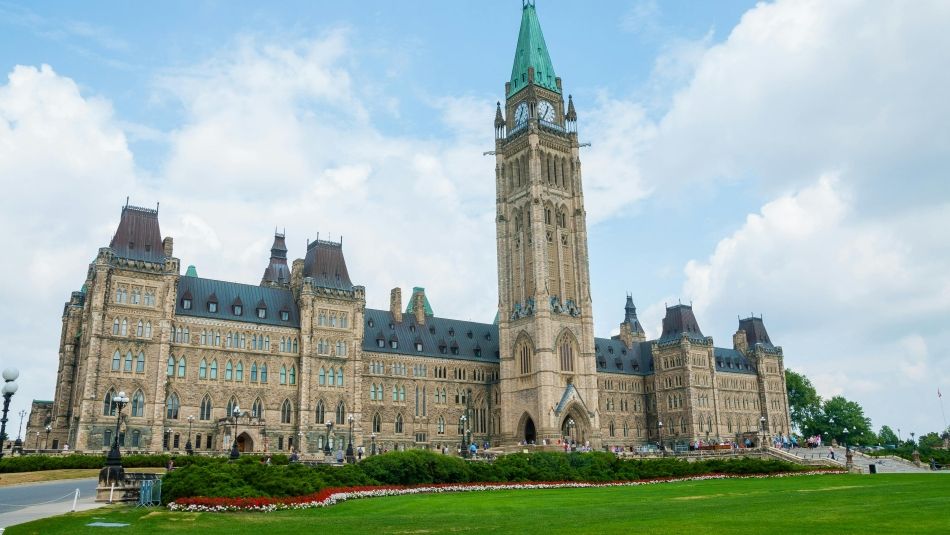
Share
The Honourable Jonathan Wilkinson, P.C., M.P.
Federal Minister of Energy and Natural Resources
Minister.Ministre@NRCan-RNCan.gc.ca
The Honourable Steven Guilbeault, P.C., M.P.
Federal Minister of Environment and Climate Change
@email
The Honourable Andrea Khanjin, M.P.P.
Ontario Minister of the Environment, Conservation and Parks
@email
Dear Ministers,
Re: Our letter on reducing methane leaks from the natural gas supply chain February 20, 2024
On behalf of Unifor, Canada’s largest private sector union representing 320,000 members in every sector of the economy, including nearly 15,000 members working in oil and gas extraction, natural gas distribution, electric utilities, nuclear energy, and petroleum refineries, I am writing about concerning news related to methane leakage along our natural gas utility infrastructure.
Enbridge Gas in Toronto has announced plans internally to stop compliance testing of their valves, connections, piping, and other infrastructure. Some other areas of the infrastructure will only be inspected every five years. Currently, compliance testing and inspection on much of our gas infrastructure is carried out every two years.
Reasons given for eliminating and/or reducing the frequency of infrastructure inspection range from having too few employees to shifting to a minimum-regulatory compliance framework. However, Unifor suspects the real reason is related to the age of our natural gas infrastructure.
The older the infrastructure, the more likely leaks will occur. Just like all other major public infrastructure projects, natural gas pipe degrades over time, increasing the risk of fracture and methane leakage. Valves, connections, and joins can start leaking as there are shifts in the ground. And, soil chemistry, wear and tear, or weather-related corrosion can lead to the need to replace older pipe that has become compromised.
Carrying out inspection to find problems and replace old infrastructure costs money and requires additional workers but is necessary.
The negative safety, health, and climate issues of all but eliminating active inspections are clear to gas workers. Even slow leaking natural gas can be explosive, cause long-term health problems, and methane emissions are a potent agent for climate change.
Unifor members in the industry are concerned that cutting inspections will also undermine trust in the industry.
Enbridge Gas’ announcement is coming at the same time as Enbridge attempts to eliminate evening and overnight shifts in Toronto that deal with response to gas-related emergency incidents. Unifor has already raised this issue publicly.
Short-term shareholder profits from Ontarians’ regulated utilities should not come from reduced spending on gas infrastructure inspections, allowing methane leaks to go unaddressed for increased lengths of time, nor eliminating emergency response shifts.
Unifor is recommending the following to begin the process of reducing methane leakage and ensure a safe and resilient natural gas supply chain:
- Convene a meeting with companies along the gas supply chain and relevant unions to establish and share best practices of reducing methane leaks along the supply chain.
- Instruct NRCan and National Research Council to assist in the deployment of established technology and the development of new technology in identifying and limiting leaks along the gas supply chain. This information should be shared across the sector to identify, measure, and reduce leaks. Independently verified real reductions will build public support for these investments.
- New regulations enforcing reduced emissions should be twinned with federal and provincial support for all sizes of companies that shall increase their investment in leak mitigation technology, hiring union workers, and training workers to do this work.
- Include union representatives of gas supply chain workers in development and refining these regulations. Unions and their environment committees play an essential role in holding companies accountable and ensure these climate-related jobs are good jobs. Support for independent evaluation through unions can help establish and enforce best practices for reducing emissions.
Thank you for your careful consideration of these recommendations.
Representatives from Unifor are available to meet with you at your convenience for further discussions.
Sincerely,
Lana Payne
National President


